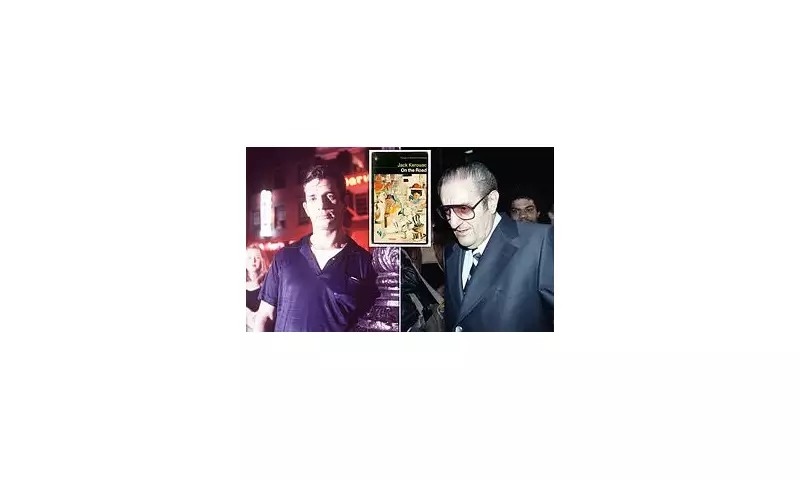
A remarkable literary discovery has sent shockwaves through the world of Beat Generation scholarship, revealing an extraordinary connection between iconic author Jack Kerouac and a powerful New York mafia figure.
The lost chapter, recently authenticated by experts, shows Kerouac conducted detailed research into the life of Sebastian 'Sam' Loiacano, a feared Cosa Nostra boss who controlled Manhattan's notorious Hell's Kitchen district during the 1940s and 1950s.
The Gangster Who Captured Kerouac's Imagination
Kerouac's notes describe Loiacano as 'the shadow king of New York's underworld' - a charismatic but ruthless figure who fascinated the young writer. The manuscript contains vivid descriptions of Loiacano's operations, from protection rackets to illegal gambling dens that operated in plain sight.
What makes this discovery particularly significant is how close Kerouac came to this dangerous world. The notes suggest he may have actually met Loiacano or his associates while researching the gritty realities of urban American life that would later inform his masterpiece, On the Road.
A Literary Mystery Solved
For decades, scholars had known about references to a 'mafia project' in Kerouac's personal journals, but the full extent of his interest remained unknown. This complete chapter, discovered among private papers, finally reveals the depth of his fascination with organized crime.
The writing shows Kerouac's signature stream-of-consciousness style applied to the brutal realities of mafia life, creating what experts are calling 'a unique fusion of literary experimentation and true crime reporting'.
Rewriting Beat Generation History
This discovery challenges our understanding of the Beat Movement's influences. While known for exploring jazz, poetry and spiritual seeking, Kerouac's engagement with organized crime reveals a darker, more complex dimension to his creative process.
The manuscript provides fascinating insights into:
- Kerouac's research methods and journalistic ambitions
- The hidden underworld connections of 1950s New York
- How real-life criminals influenced Beat literature
- The evolution of Kerouac's distinctive writing style
This extraordinary find not only adds a thrilling new chapter to Kerouac's legacy but also offers readers a fresh perspective on one of America's most celebrated literary movements.





